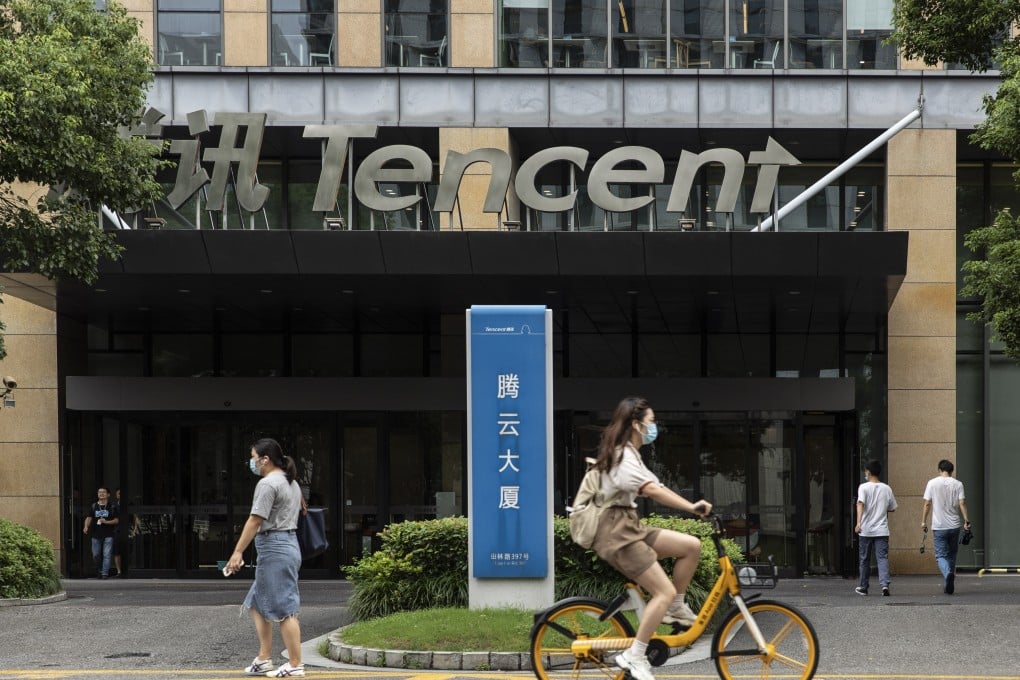China antitrust: Anti-corruption watchdog says negative impact on Big Tech will be short-lived
- Beijing’s fight against monopolistic practices is ‘the best choice in the long run’, said the Central Commission for Discipline Inspection
- China’s tech regulator reportedly asked Alibaba, Tencent, ByteDance, Baidu and other tech giants this week to fix monopolistic issue

The Chinese Communist Party’s top disciplinary watchdog said that Beijing’s ongoing campaign against monopolies will “have a negative impact on Big Tech in the short term, but will be the best choice in the long run”.
The article, published Saturday on the website of the Central Commission for Discipline Inspection (CCDI), comes days after the Ministry of Industry and Information Technology (MIIT) summoned representatives from a slew of internet giants – including the likes of Alibaba Group Holding, Tencent Holdings, ByteDance, Baidu, Huawei Technologies Co, Xiaomi and NetEase – to order them to stop blocking website links to each other’s platforms by September 17, according to Chinese media outlets 21st Century Business Herald and Xiaoxiang Morning Herald.
The CCDI, usually tasked with anti-corruption crackdowns but also tackles other illegal and unethical wrongdoings, reiterated Beijing’s determination to fight monopolies in the online platform economy.
The article was titled “Setting traffic lights for capital expansion”, a reference to a metaphor used earlier this week by the head of the State Administration for Market Regulation (SAMR) Zhang Gong, who suggested that authorities will establish more rules to stamp out monopolistic practices.
China’s top legislature, the National People Congress, plans to amend the country’s anti-monopoly law by the end of this year. Meanwhile, a recent directive by the MIIT could force online platforms – such as Tencent’s WeChat, Alibaba’s online marketplace Taobao and ByteDance’s TikTok sibling app Douyin – to unblock links to other platforms. Alibaba is the owner of the South China Morning Post.
Referring to Tencent’s case, CCDI said, “In the short run, having exclusive music rights is beneficial to one or two companies, allowing them to quickly establish competitive advantage in the industry. In the long run, however, it is not a good thing, especially for users.”